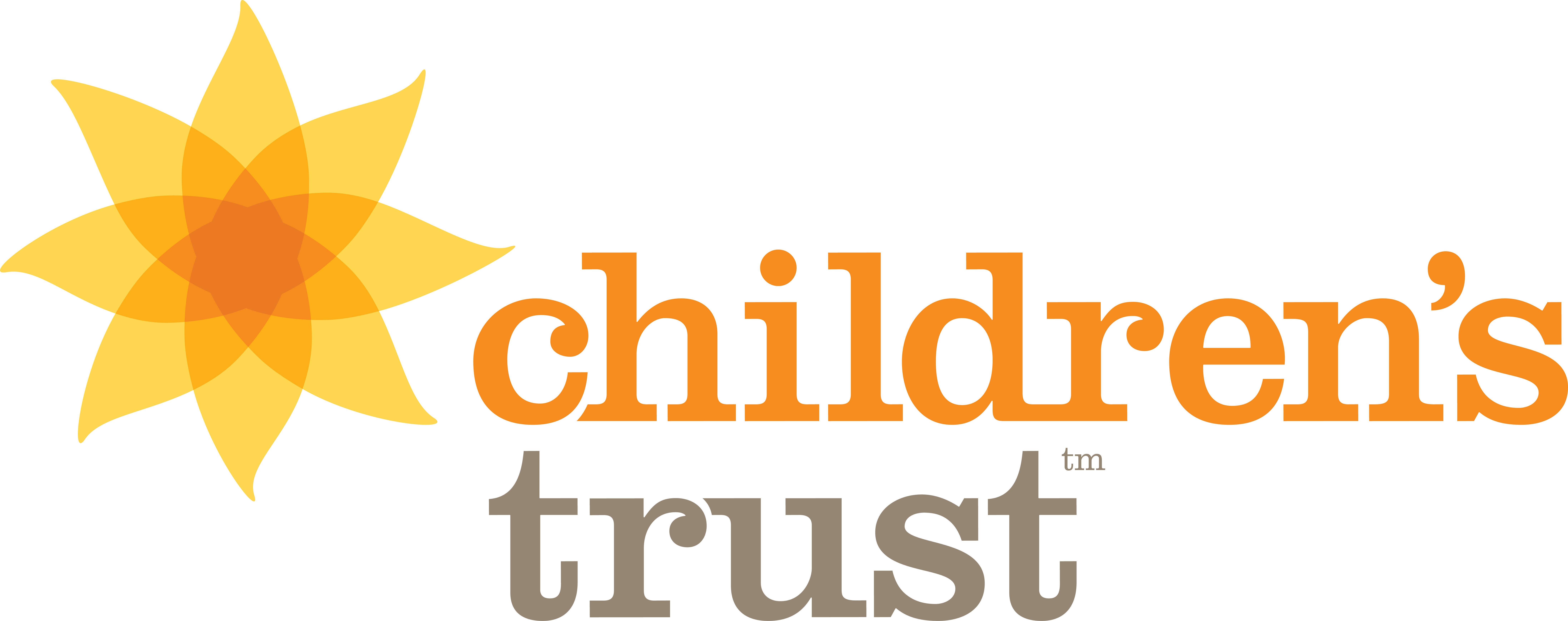As your child learns how to navigate friendships with peers, it is important they have an adult to support them

Bodily Autonomy for Children
Bodily autonomy means that each person has a right to their own choices about their body. It’s essential to teach children body autonomy to keep them safe and to help them develop a healthy relationship with their body. Children who know they are in control of their body are safer from potential abuse as they are better able to communicate if someone has made them uncomfortable or harmed them.
There are many ways children and adults can learn skills to respect their own bodies and the bodies of others. To empower your child, it is important to have open conversations about their body and how to create boundaries.
To focus on bodily autonomy with your children:
· Allow children to make decisions surrounding their own body – you can teach children bodily autonomy through allowing them to make their own choices surrounding clothing or the activities they participate in. There are certain things that must be done for safety, but when safety is not a concern allow them to make decisions about their bodies.
· Teach your child anatomical names for their body parts – in order to empower your child, it is important they have knowledge about their body. Teach your child the names of their genitals, i.e., penis, vagina, just as you would teach your child ‘eyes’, ‘ears’, and ‘mouth’. This will help them be able to communicate about those parts and decrease taboo or shame around those parts of their body.
· Talk to your child about how to make a boundary – it is important to teach children how to determine if they are uncomfortable and what to do if they feel uncomfortable. Boundaries are one way a child can do this. Your child may want to put physical space between themselves and another person. You can teach them “The Boundaries Song” to help ease them into making boundaries with others.
· Talk to your child about consent – it is important your child knows how to give and ask for consent before touching others. This allows them to have autonomy over their own bodies and gives others the space for the same autonomy. Additionally, if they know the importance of consent, they can understand if someone does not respect their wants. wants.
· Teach adults in your life about respecting a child’s autonomy – teach grandparents or other adults to ask consent before hugging or touching your child. It is important the people around the child helps them learn to give consent and have autonomy over their bodies.
Using these methods may help empower your child to feel in control over their body, helping protect them from potential harm from others. These skills may help your child to communicate potential harm and be respectful of their own bodies and the bodies of others. For more information, about bodily autonomy visit Sex Ed VA.
other articles and videos we love
Your child may be curious or notice some of their friends have two moms or two dads or has questions about others that are LGBTQ+.





